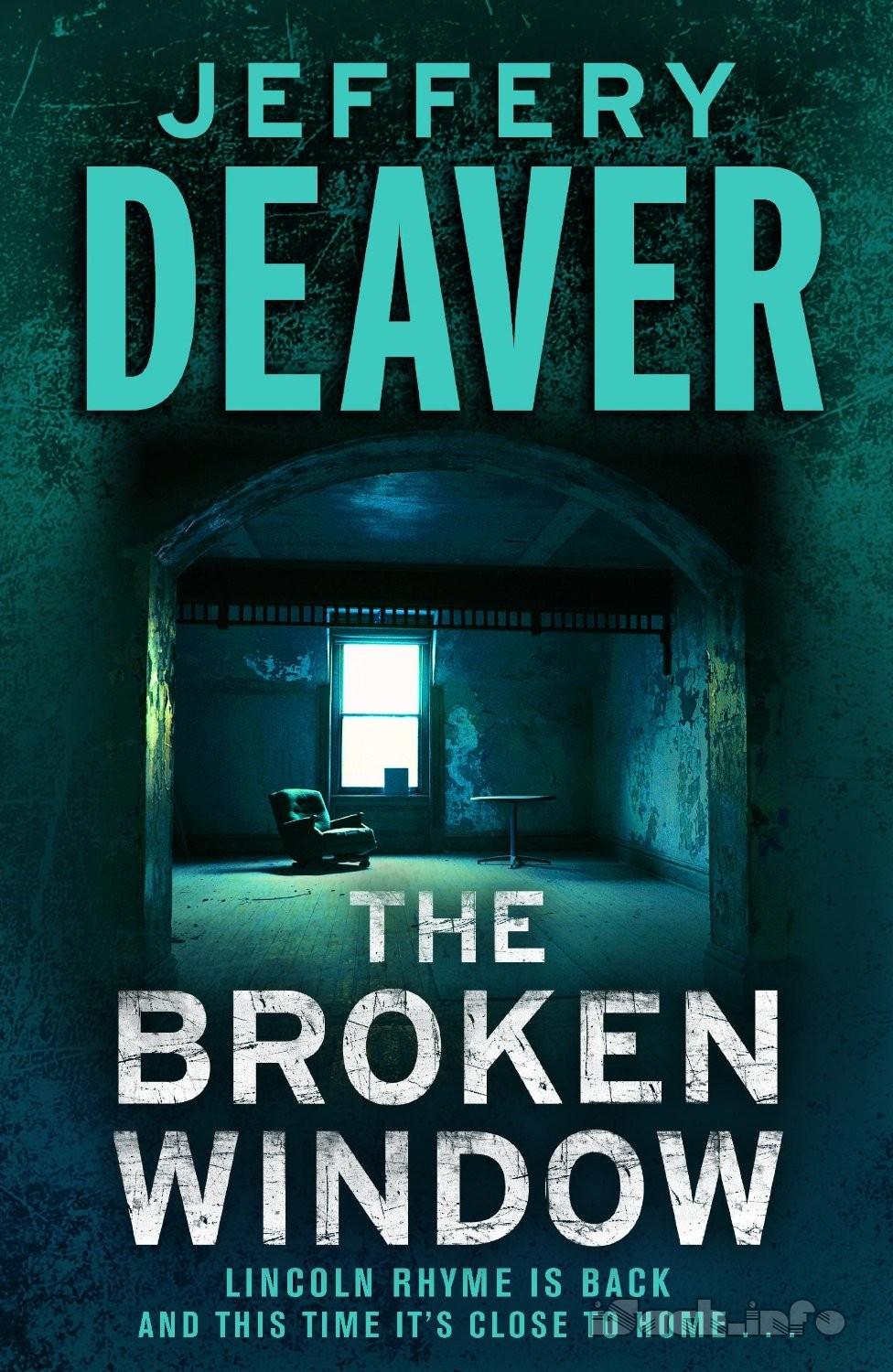Chapter 7
T
he phone rang and Lincoln Rhyme was irritated by the distraction. He was thinking about their Mr. X and the mechanics of planting the evidence, if in fact that was what had happened, and wanted no distractions.But then reality struck; he saw the 44 in the caller ID, the country code that included England. “Command, answer phone,” he ordered instantly.
Click.
“Yes, Inspector Longhurst?” He’d given up on first names. Relations with Scotland Yard required a certain propriety.
“Detective Rhyme, hello,” she said. “We have some movement here.”
“Go on,” Rhyme said.
“Danny Krueger heard from one of his former gun-runners. It seems that the reason Richard Logan left London was to collect something in Manchester. We aren’t sure what, but we do know that Manchester’s got more than its share of black-market weapons dealers.”
“Any idea where he is exactly?”
“Danny’s still trying to find out. It would be lovely if we could take him there, rather than wait till London.”
“Is Danny being subtle?” Rhyme remembered from the videoconference a big, tanned, loud South African with a belly and a gold pinkie ring that both jutted outward alarmingly. Rhyme had had a case involving Darfur, and he and Krueger had spent some time talking about the country’s tragic conflict.
“Oh, he knows what he’s doing. He’s subtle when he needs to be. Fierce as a hound when the situation calls for it. He’ll get the details if there’s any way. We’re working with our counterparts in Manchester to get an assault team ready. We’ll call you back when we know something more.”
He thanked her and they disconnected.
“We’ll get him, Rhyme,” Sachs said, not simply for his benefit. She too had an interest in finding Logan; Sachs herself had nearly died in one of his plots.
Sachs took a call. She listened and said she’d be there in ten minutes. “The files in those other cases Flintlock mentioned? They’re ready. I’ll go get them… Oh, and Pam might stop by.”
“What’s she up to?”
“Studying with a friend in Manhattan—a boyfriend.”
“Good for her. Who?”
“Some kid from school. Can’t wait to meet him. He’s all she talks about. She sure deserves somebody decent in her life. But I just don’t want her getting too close too fast. I’ll feel better when I’ve met him and given him the third degree in person.”
Rhyme nodded as Sachs left, but his mind was elsewhere. He was staring at the whiteboard containing the information on the Alice Sanderson case as he ordered the phone to make another call.
“Hello?” a soft male voice answered as a waltz played in the background. Loud.
“Mel. Is that you?”
“Lincoln?”
“What’s that goddamn music? Where are you?”
“New England Ballroom Competition,” answered Mel Cooper.
Rhyme sighed. Washing dishes, theater matinees, ballroom dancing. He hated Sundays. “Well, I need you. I’ve got a case. It’s unique.”
“They’re all unique with you, Lincoln.”
“This one’s more unique than others, if you’ll forgive the grammatical misdemeanor. Can you come in? You mentioned New England. Don’t tell me you’re in Boston or Maine.”
“Midtown. And I guess I’m free—Gretta and I were just eliminated. Rosie Talbot and Bryan Marshall are going to win. It’s all the scandal.” He said this with some significance. “How soon?”
“Now.”
Cooper chuckled. “How long will you need me?”
“Maybe a while.”
“As in six o’clock tonight? Or as in Wednesday?”
“Better call your supervisor and tell him you’re being reassigned. I hope it won’t be longer than Wednesday.”
“I’ll have to give him a name. Who’s running the investigation? Lon?”
“Let me put it this way: Be a little vague.”
“Well, Lincoln, you do remember being a cop, don’t you? ‘Vague’ doesn’t fly. ‘Very specific’ does.”
“There isn’t exactly a lead detective.”
“You’re on your own?” His voice was uncertain.
“Not exactly. There’s Amelia, there’s Ron.”
“That’s all?”
“You.”
“I see. Who’s the perp?”
“Actually, the perps’re already in jail. Two are convicted, one’s awaiting trial.”
“And you have your doubts that we got the right parties.”
“Something like that.”
A detective with the NYPD Crime Scene Unit, Mel Cooper specialized in lab work and he was one of the most brilliant officers on the force, as well as one of the most savvy. “Oh. So you want me to help you find out how my bosses screwed up and arrested the wrong people, then talk them into opening three new and expensive investigations against the real perps, who, by the way, probably won’t be real tickled either when they learn that they’re not getting off scot-free after all. This is sort of a lose-lose-lose situation, isn’t it, Lincoln?”
“Apologize to your girlfriend for me, Mel. Be here soon.”
Sachs was halfway to her crimson Camaro SS when she heard, “Hey, Amelia!”
She turned to see a pretty teenage girl, with long chestnut hair, streaked with red, and a few tasteful piercings in both ears. She was lugging two canvas bags. Her face, dusted with delicate freckles, was radiant with happiness. “You’re leaving?” she asked Sachs.
“Big case. I’m going downtown. Want a ride?”
“Sure. I’ll get the train at City Hall.” Pam climbed into the car.
“How was studying?”
“You know.”
“So where’s your friend?” Sachs was looking around.
“You just missed him.”
Stuart Everett was a student at the Manhattan high school Pam was attending. She’d been going out with him for several months. They’d met in class and immediately discovered a mutual love of books and music. They were in the school’s Poetry Club, which reassured Sachs; at least he wasn’t a biker or a knuckle-dragging jock.
Pam tossed one of her bags, containing schoolbooks, into the backseat and opened the other one. A fuzzy-headed dog looked out.
“Hey, Jackson,” Sachs said, petting his head.
The tiny Havanese grabbed the Milk-Bone the detective offered from an add-on cup holder, whose sole purpose was as a reservoir of dog treats; Sachs’s acceleration and cornering habits weren’t conducive to keeping liquids contained.
“Stuart couldn’t walk you here? What kind of gentleman is that?”
“He’s got this soccer game. He’s way into sports. Are most guys like that?”
Pulling into traffic, Sachs gave a wry laugh. “Yup.”
It seemed an odd question from a girl this age, most of whom would know all about boys and sports. But Pam Willoughby wasn’t like most girls. When she was very young her father died on a U.N. peacekeeping mission and her unstable mother had flung herself into the political and religious right-wing underground, growing more and more militant. She was now serving a life sentence for murder (she was responsible for the U.N. bombing some years ago in which six people died). Amelia Sachs and Pam had met back then, when the detective had saved the girl from a serial kidnapper. She then disappeared but, by sheer coincidence, Sachs had rescued her again, not long ago.
Liberated from her sociopath family, Pam had been placed with a foster family in Brooklyn—though not before Sachs had checked out the couple like a Secret Service agent planning a presidential visit. Pam enjoyed life with the family. But she and Sachs continued to hang out together and were close. With Pam’s foster mother often fully occupied with taking care of five younger children, Sachs took on the role of older sister.
This worked for them both. Sachs had always wanted children. But complications existed. She’d planned on a family with her first serious live-in boyfriend, though he, a fellow cop, proved to be about the worst choice in the world (extortion, assault and eventually prison, for a start). After him she’d been alone until she’d met Lincoln Rhyme and had been with him ever since. Rhyme didn’t quite get children, but he was a good man, fair and smart, and could separate his stony professionalism from his home life; a lot of men couldn’t.
But starting a family would be difficult at this point in their lives; they had to contend with the dangers and demands of policing and the restless energy they both felt—and the uncertainty about Rhyme’s future health. They also had a certain physical barrier to be overcome, though the problem, they’d learned, was Sachs’s, not Rhyme’s (he was perfectly capable of fathering a family).
So, for now, the relationship with Pam was enough. Sachs enjoyed her role and took it seriously; the girl was lowering her reticence to trust adults. And Rhyme genuinely enjoyed her company. Presently he was helping her outline a book about her experiences in the right-wing underground to be called Captivity. Thom had told her that she had a chance of getting on Oprah.
Speeding around a taxi, Sachs now said, “You never answered. How was studying?”
“Great.”
“You set for that test on Thursday?”
“Got it down. No problem.”
Sachs gave a laugh. “You didn’t even crack a book today, did you?”
“Amelia, come on. It was such a neat day! The weather’s been sucky all week. We had to get outside.”
Sachs’s instinct was to remind her of the importance of getting good scores on her finals. Pam was smart, with a high IQ and a voracious appetite for books, but after her bizarre schooling she’d find it tough to get into a good college. The girl, though, looked so happy that Sachs relented. “So what’d you do?”
“Just walked. All the way up to Harlem, around the reservoir. Oh, and there was this concert by the boathouse, just a cover band, you know, but they totally nailed Coldplay…” Pam thought back. “Mostly, like, Stuart and I just talked. About nothing. That’s the best, you ask me.”
Amelia Sachs couldn’t disagree. “Is he cute?”
“Oh, yeah. Way cute.”
“Have a picture?”
“Amelia! That’d be so uncool.”
“After this case is over, how ’bout we have dinner, the three of us?”
“Yeah? You really want to meet him?”
“Any boy going out with you better know that you’ve got somebody watching your back. Somebody who carries a gun and handcuffs. Okay, hold on to the dog; I’m in the mood to drive.”
Sachs downshifted hard, pumped the gas and left two exclamation points of rubber on the dull black asphalt.



 ePub
ePub A4
A4